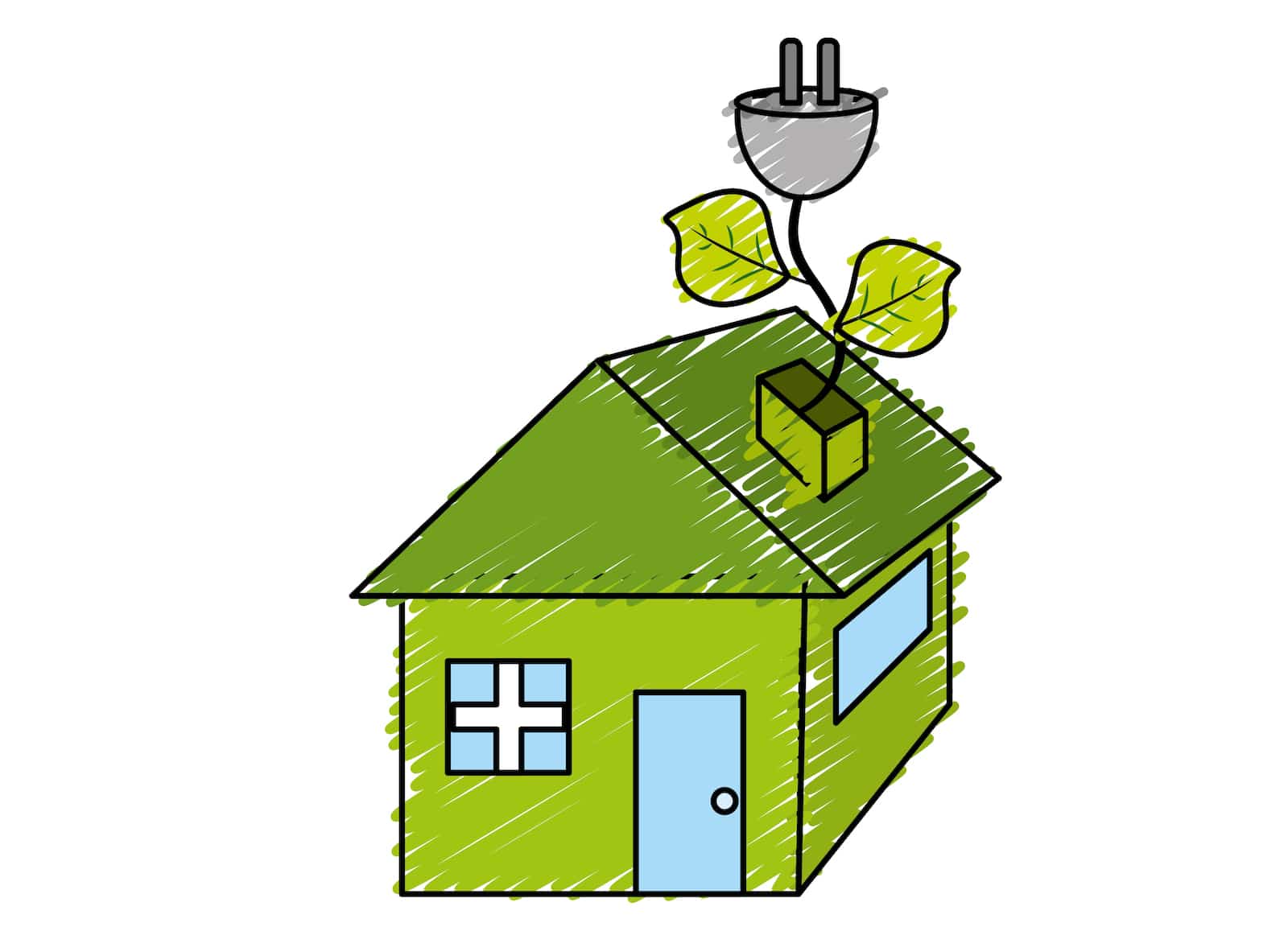The idea that we might be better off foregoing energy efficiency efforts and instead use the saved money to fuel inefficient buildings, is a compelling thought. Although environmentalists would certainly have something to say about it, and it is a depressing thought for those that have strived to develop the energy efficiency sector.
Recent comments from some in Brussels, to the effect of "Energy efficiency is too expensive, it will increase costs to consumers and push people into energy poverty," have sparked a series of research reports to test this potentially game-changing theory. What is the reality?
Analysis by the Regulatory Assistance Project shows that the cost of energy efficiency improvements delivered through public policies are typically around 2 cents (€) per kWh, which is well below the cost of supplied energy, which is on average more than 10 cents per kWh.
Data provided by the De-risking Energy Efficiency Platform - the largest pan-EU open-source database containing detailed real technical and financial data of more than 5,000 buildings-related energy efficiency projects - also corroborated these results. While the International Energy Agency projects the cost per kWh for building energy efficiency at 2.5 cents.
These separate and consecutive reports appear to write off the claims, they clearly show that a negawatt - the term given to a watt of saved power - is significantly cheaper than buying a watt of electricity. The research results are simplistic however. The cost of energy changes significantly in different parts of the world and even different regions within each country.
Furthermore, retrofitting buildings with energy efficiency technology runs at a different pricing scale than for a new building, and more so from a building to urban wide systems smart city systems. The possibility remains therefore, that buying energy may be more cost-effective than being energy efficient in some situations.
Another study by Ecofys estimates the costs of deep retrofits to be in the range of 2 cents to 9 cents per kWh, and the De-risking Energy Efficiency Platform suggests a figure in the region of 4 cents per kWh for comprehensive retrofits. While higher, these figures still hover just below the average cost of electricity.
The opponents also argue that the ambitious energy efficiency targets created by some nations can result in higher energy costs to consumers. Saying that because energy efficiency improvements are mainly delivered through unrealistic energy efficiency obligations imposed on energy companies, that savings are inevitably funded through energy bills.
“In progressive taxation regimes, raising funds for energy efficiency through energy bills may be more regressive in that it applies more uniformly across income levels. Does this mean that more ambitious targets will push people into fuel poverty?” questions Jan Rosenow, Senior Associate at RAP.

Research has shown however, that the opposite must be true: the cost of funding energy efficiency measures is more than offset by the energy savings. In fact by raising funds for energy efficiency through bills, we can consistently increase investments in energy efficiency outside of the volatility of public budgets. By solely focusing on the cost of energy efficiency we lose sight of what really matters to households and businesses: their total bill, not the unit cost of energy.
The longest-running energy efficiency programme in Europe can be found in the UK, it clearly demonstrates that the total household energy use fell by one-fifth between 2004 and 2015, supporting the case for energy efficiency. Moreover, within that timeframe the number of households in the UK grew by 12% and the overall population by 10%, leading us to the conclusion that savings have been earned through energy efficiency policy.
Innovative research by the independent Committee on Climate Change calculated that the average annual household energy bill was approximately €550 lower per year in 2015 than it would have been without energy efficiency policies. Their estimates include the cost of the energy efficiency obligations, further underlining the case for energy efficiency.
“Claims that more stringent energy efficiency targets are too expensive and will increase energy poverty are simply misleading and not supported by the evidence,” proclaims Rosenow. “Now is the time to get serious about energy efficiency and put in place an ambitious EU policy framework that helps us achieve the Paris Agreement, reduce bills and energy poverty, and stimulate the economy.”
[contact-form-7 id="3204" title="memoori-newsletter"]



